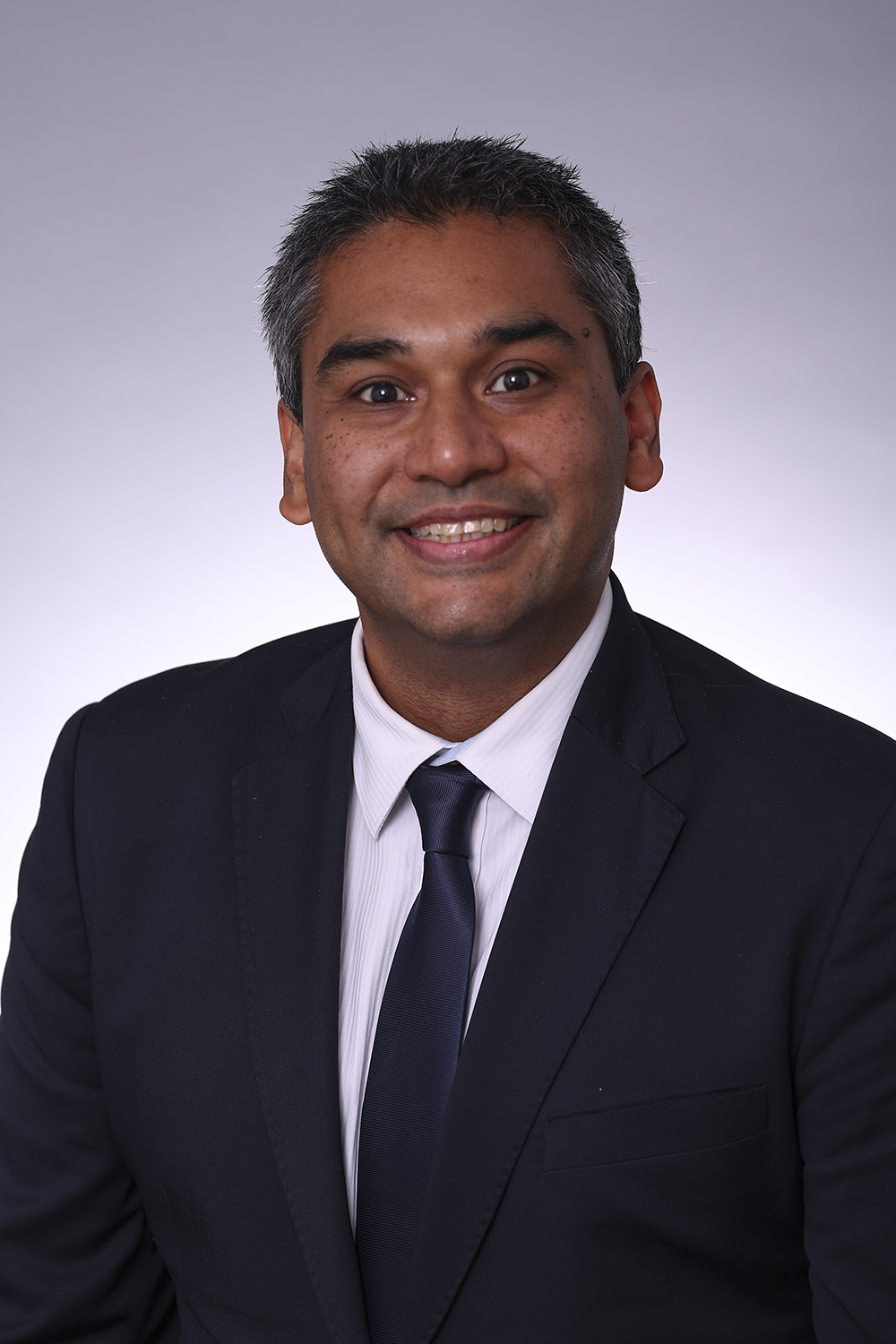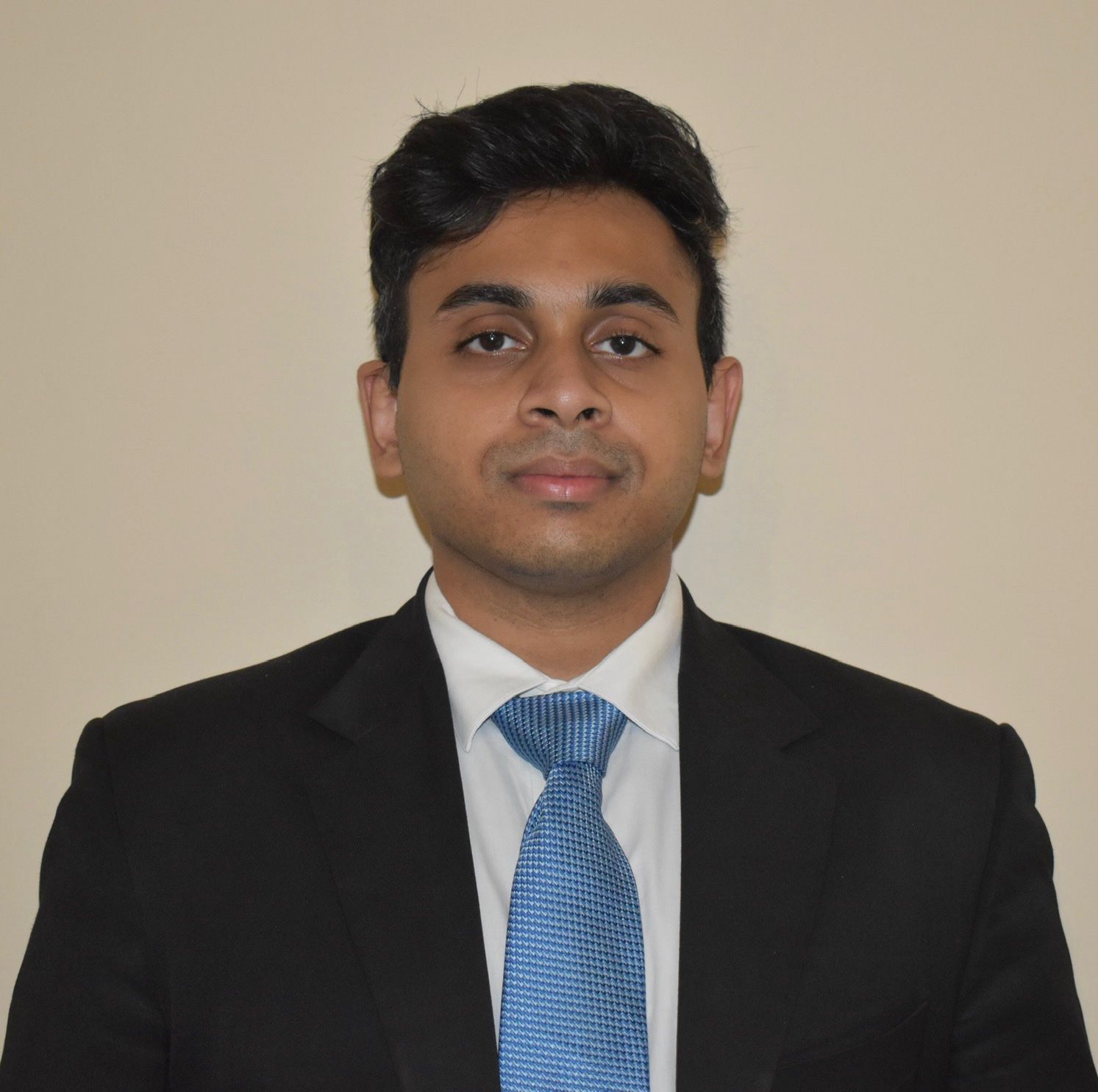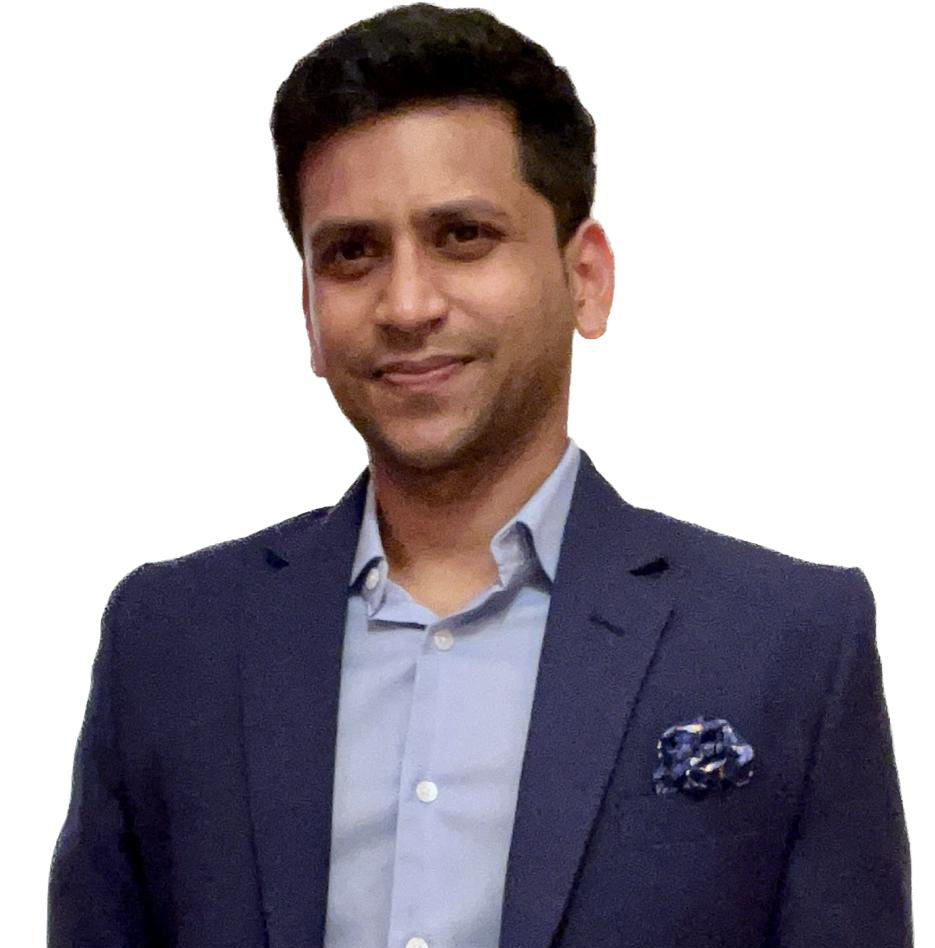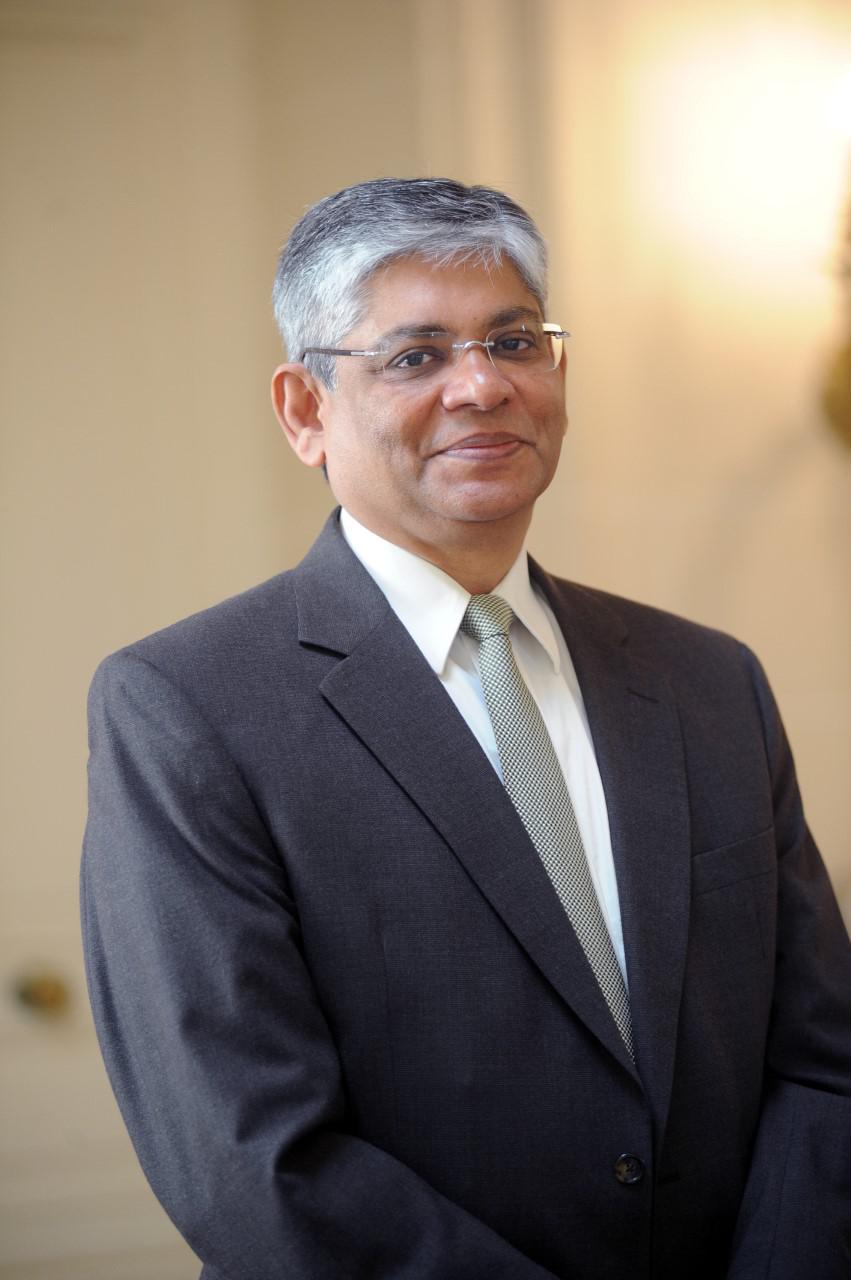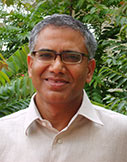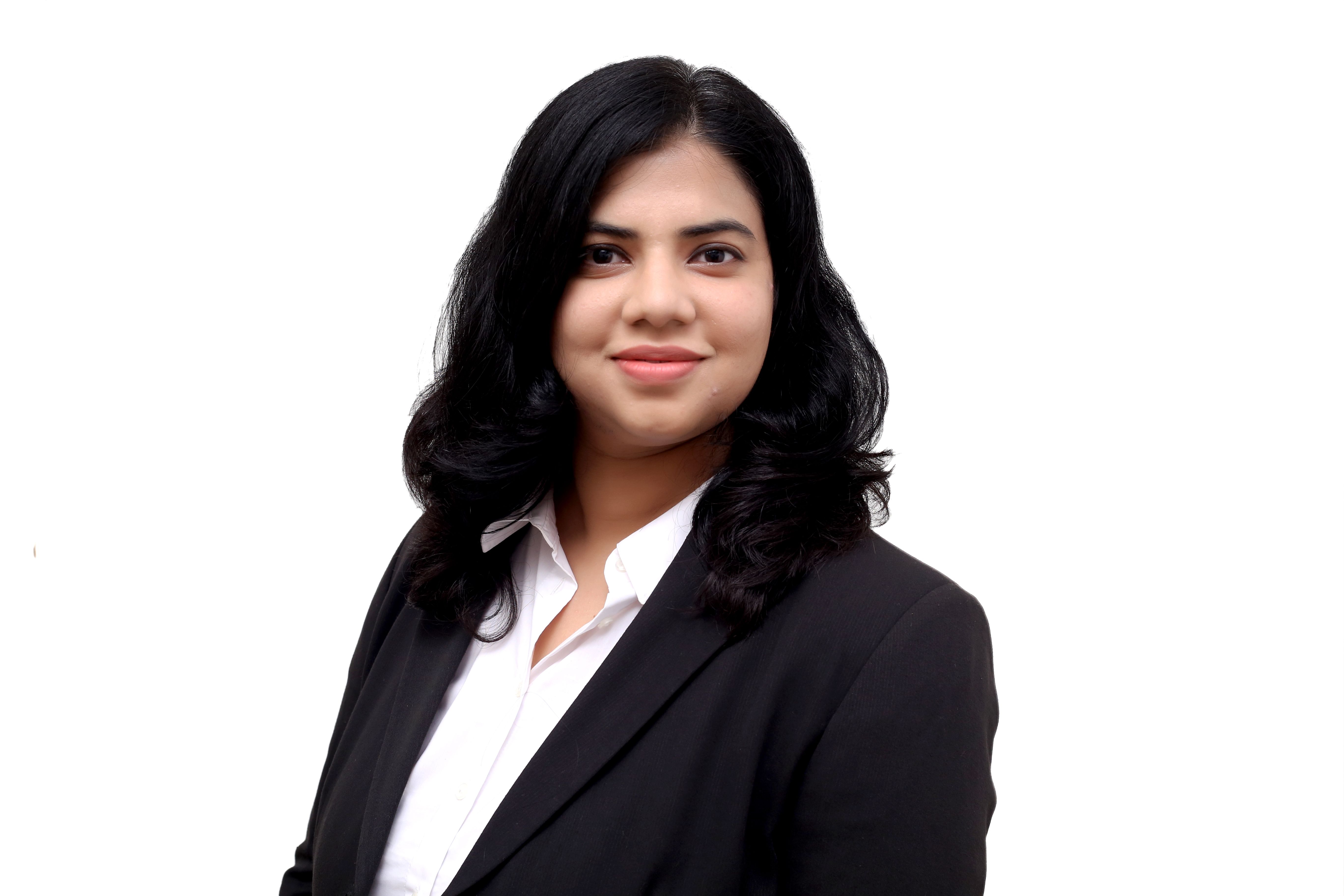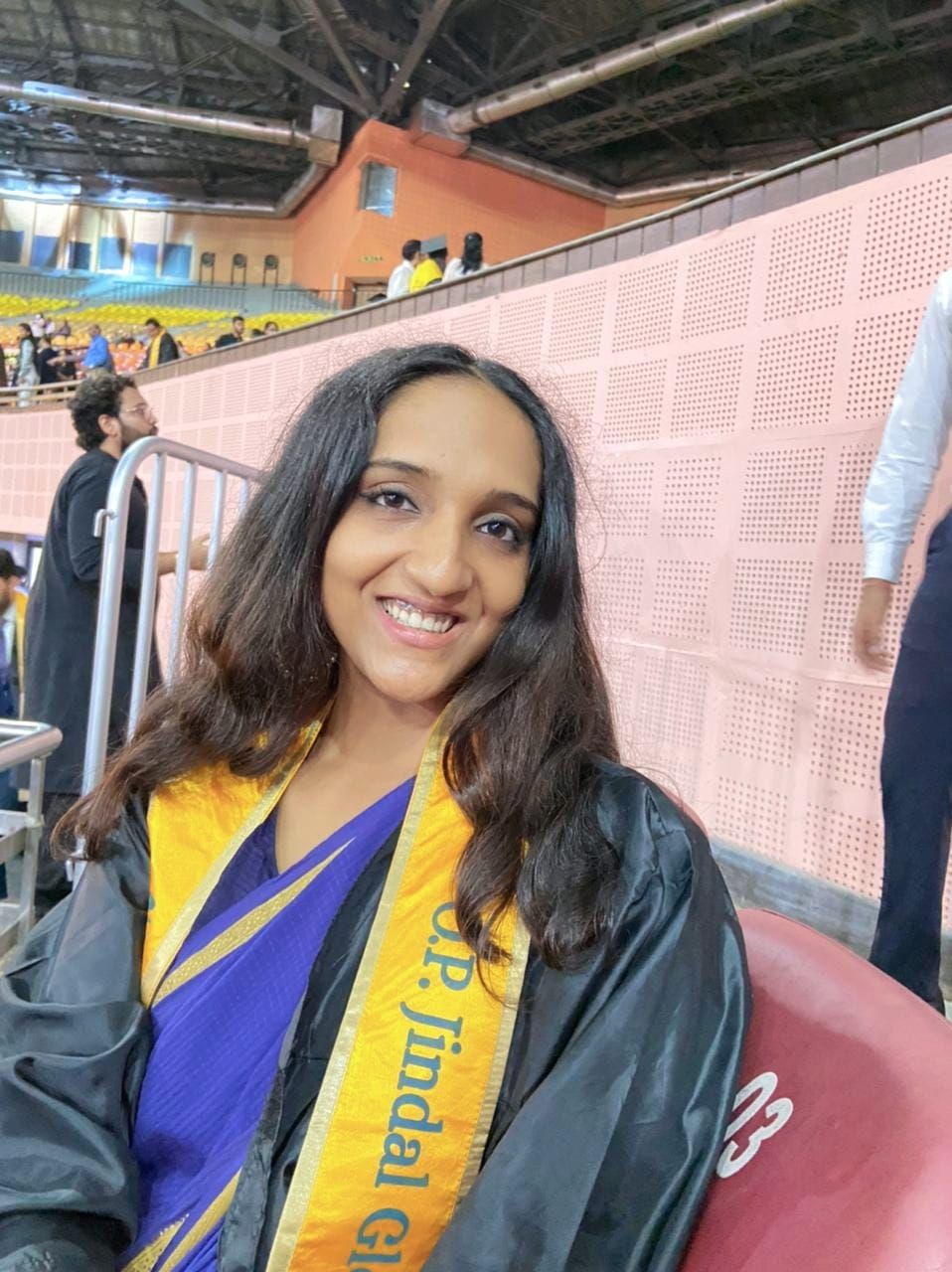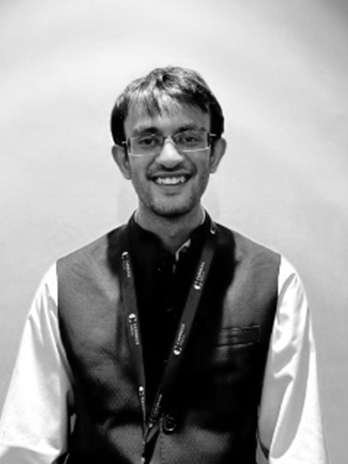
Projects
Technology and Society
About the Project
This program focuses on five sets of imperatives:
- Data: on all issues related to data governance, privacy, cross-border data flows, and data access.
- Strategic Technologies: on industrial policy around India’s emerging semiconductor eco-system, space policy, export controls, new and transformative defense technologies, and their effects.
- Emerging Technologies: on biosafety and security, practices and efforts to shape distinct artificial intelligence (AI) regulatory practices, models of accessing AI compute, and the emerging global imperatives on the military applications of AI.
- Digital Public Infrastructure (DPI): on (i) shaping outcomes on DPI principles (ii) providing practical roadmaps for alternative ways to build DPI rapidly (iii) DPI at the centre of inter-state dialogues (iv) working with DPI builders, architects, and implementers.
- Strategic Partnerships: on the U.S.-India TRUST initiative (Transforming the Relationship Utilizing Strategic Technology) with ideas, convenings, and practical research. We are starting work on supporting the EU-India Trade and Technology Council (TTC).
The Technology and Society Program at Carnegie India is supported by Tata Trusts, Mohandas Pai, Nilekani Philanthropies, Meta India, Google India, Salesforce India, Kiran Mazumdar-Shaw, Biocon, Syngene, Intel India, Amazon India, Microsoft India, SAP India, AWS India, WhatsApp India, BillDesk, Qualcomm India, Walmart India, LinkedIn India, TCS, and the National Payments Corporation of India. The Global Technology Summit is also supported by the Indian Ministry of External Affairs.
Our Team
Rudra Chaudhuri was the director of Carnegie India. His research focuses on the diplomatic history of South Asia, contemporary security issues, and the important role of emerging technologies and digital public infrastructure in diplomacy, statecraft, and development. He and his team at Carnegie India chair and convene the Global Technology Summit, co-hosted with the Ministry of External Affairs, Government of India.
Shruti Sharma
Former Associate Director, Fellow, and Chief Coordinator, Global Technology Summit, Technology and Society Program
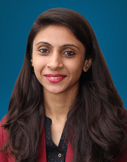
Shruti Sharma was an associate director and a fellow with the Technology and Society Program at Carnegie India, where she is currently working on exploring the challenges and opportunities in leveraging biotechnology to improve public health capacity in India. Additionally, she is the Chief Coordinator of Carnegie India's Global Technology Summit.
Konark Bhandari is a fellow with Carnegie India.
Tejas Bharadwaj is a senior research analyst in the Technology and Society Program in Carnegie India.
Amlan Mohanty is a fellow with Carnegie India. His areas of expertise include privacy, content policy, platform regulation, competition and AI.
Arun K. Singh is a senior fellow at Carnegie India. He has extensive experience across the globe, including as India’s ambassador to the United States, Israel, and France.
R. K. Misra is a nonresident scholar at Carnegie India. Based in Bengaluru, he drives Carnegie India’s Technology and Society program, and engages with technology innovators and policymakers.
Nidhi Singh is a senior research analyst and program manager at Carnegie India. Her current research interests include data governance, artificial intelligence and emerging technologies.
Shruti Mittal is a research analyst at Carnegie India. Her current research interests include artificial intelligence, semiconductors, compute, and data governance.
Adarsh Ranjan is a research analyst at Carnegie India where his research focuses on AI and emerging technologies, digital transformation, and technology partnerships.
Global Technology Summit
The Global Technology Summit—Carnegie India’s annual flagship event, co-hosted with the Ministry of External Affairs, Government of India—brings together industry experts, policymakers, scientists, and other stakeholders from all over the world to deliberate on the changing nature of technology and geopolitics. Its aim is to create a new framework of engagement that addresses concerns of all stakeholders without hindering technological progress and innovation.
India-U.S. Emerging Technologies Working Group
India and the United States continue to deepen their partnership in technology, building on the initial momentum established through the launch of the Initiative on Critical and Emerging Technologies (iCET) in 2023. This collaboration has gained renewed energy under the new U.S. administration, which seeks to strengthen bilateral cooperation and ensure sustained progress. Prime Minister Narendra Modi’s visit to the United States in February 2025 marked a significant milestone with the announcement of the TRUST initiative (Transforming the Relationship Utilizing Strategic Technology). Designed to enhance the U.S.-India Comprehensive Global Strategic Partnership, TRUST aims to expand cooperation in innovation and technology.
The Carnegie India Working Group on India - U.S. Emerging technologies will study, analyze, and propose policy interventions aligned with the TRUST initiative’s priorities. The group will focus on identifying policy pathways for enhanced cooperation in critical and emerging technologies, including defense, artificial intelligence, semiconductors, quantum computing, biotechnology, energy, and space between India and the U.S. The working group is made up of experts within Carnegie India.
Read: 100 Days of TRUST and Trump: Policy Recommendations for the India-U.S. TRUST Initiative
